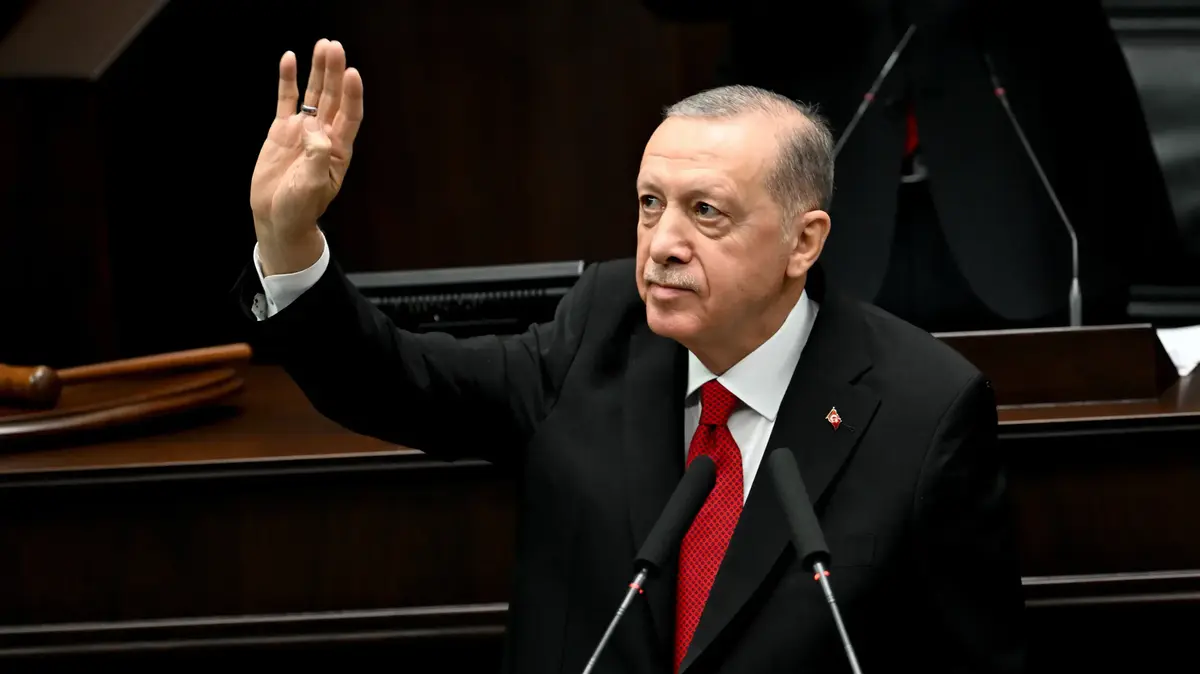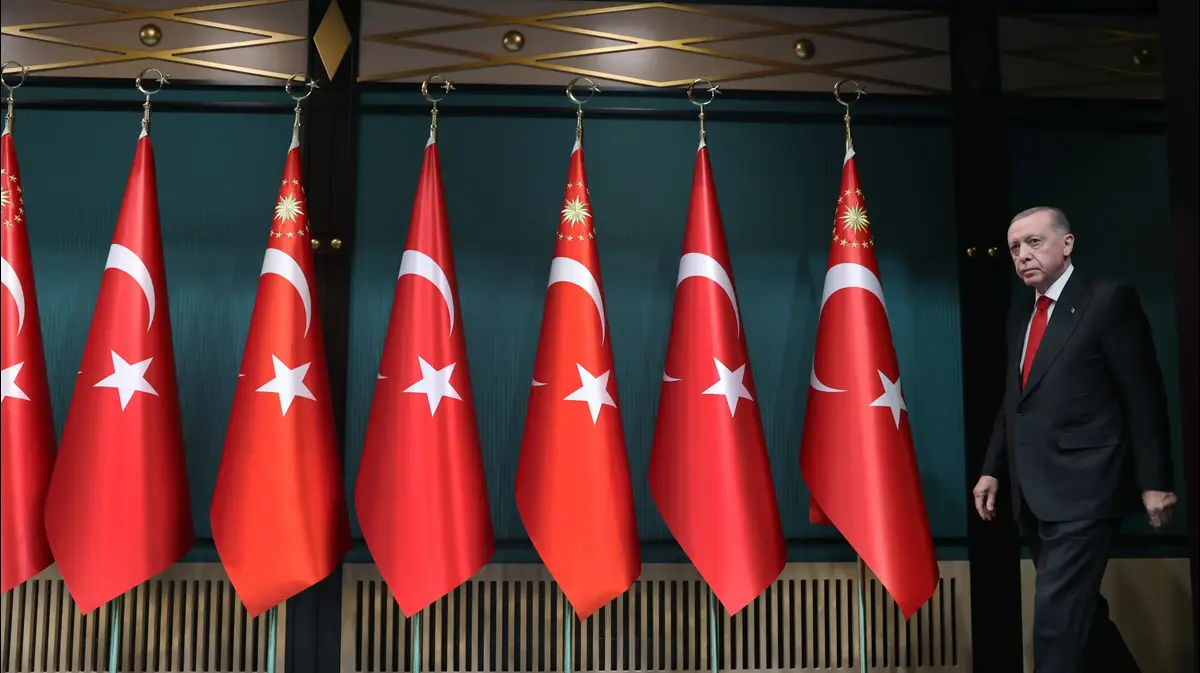Icon: enlarge
Street scene in Istanbul
Photo: Emrah Oprukcu / imago images / Hans Lucas
Citizens of many emerging countries know this: the value of their national currencies often fluctuates considerably, it goes up and down, exchange rates like a rollercoaster ride.
With the lira, things are different: the slide on which the Turkish currency travels has only known one direction for years: further and further down.
The lira lost more than any other major emerging market currency against the dollar in 2020, more than 30 percent.
This has become a sad routine: the currency has been losing value at a similar pace since 2016, and in 2018 it was 40 percent.
"Poverty on the streets has grown"
One consequence is the creeping impoverishment of the middle class in a country that a few years ago was able to achieve higher growth rates than China.
Nadine Morath has been observing this for a long time: her favorite café is in the Rasimpaşa district of Istanbul.
In the middle of the room is a large wooden table, home-made apple pie and brownies are served.
When the political student moved from Germany to the Bosphorus in 2017, a glass of Çay cost two lira here, today it's five.
The devaluation of the lira is now having an impact on every part of social life.
The cheese costs twice as much as it did seven months ago.
"Poverty on the streets has grown," says Morath.
This is one of the reasons why many young people are turning their backs on the country.
Six friends from Morath's environment have gone to Germany to study in the past few months;
all to Berlin.
They say: »Nadine, here we work ten, eleven, twelve hours a day and later on we can only pay for an apartment on the outskirts of it.
We don't want to be here anymore. "
The business journalist Ufuk Olgun is experiencing this slow slide firsthand.
Because of the crisis, he and his partner have already moved into a cheaper apartment.
Both work - but the couple has not been able to afford a visit to a restaurant for a long time.
"It's unbelievable how much substance the country has lost in the past few years," says Olgun.
"You can see that people are not happy when you look into their faces on the street." He was born in Diyarbakır, the second largest city in Southeast Anatolia.
His family lives there.
Olgun says there are people in Diyarbakır who barely have enough to eat.
Burned at least $ 120 billion in two years
Read more with Spiegel Plus
More perspectives, more understanding.
Your advantages with SPIEGEL +
Icon: Check
DER SPIEGEL as a magazine
as an app, e-paper and on the e-reader
Icon: Check
All articles on SPIEGEL.de
Exclusive texts for SPIEGEL + readers
Icon: Check
Try one month for free
Cancel anytime online
A price
only € 19.99 per month
One month for € 0.00
Try now for 0.00 € Buy nowArrow to the right
Already have a digital subscription? Register here
Restore iTunes subscription
SPIEGEL + is processed via your iTunes account and paid for with a purchase confirmation.
24 hours before it expires, the subscription is automatically renewed by one month at the current price of € 19.99.
You can cancel the subscription at any time in the settings of your iTunes account.
To use SPIEGEL + outside of this app, you must link the subscription to a SPIEGEL ID account immediately after purchase.
With the purchase you accept our general terms and conditions and privacy policy.





